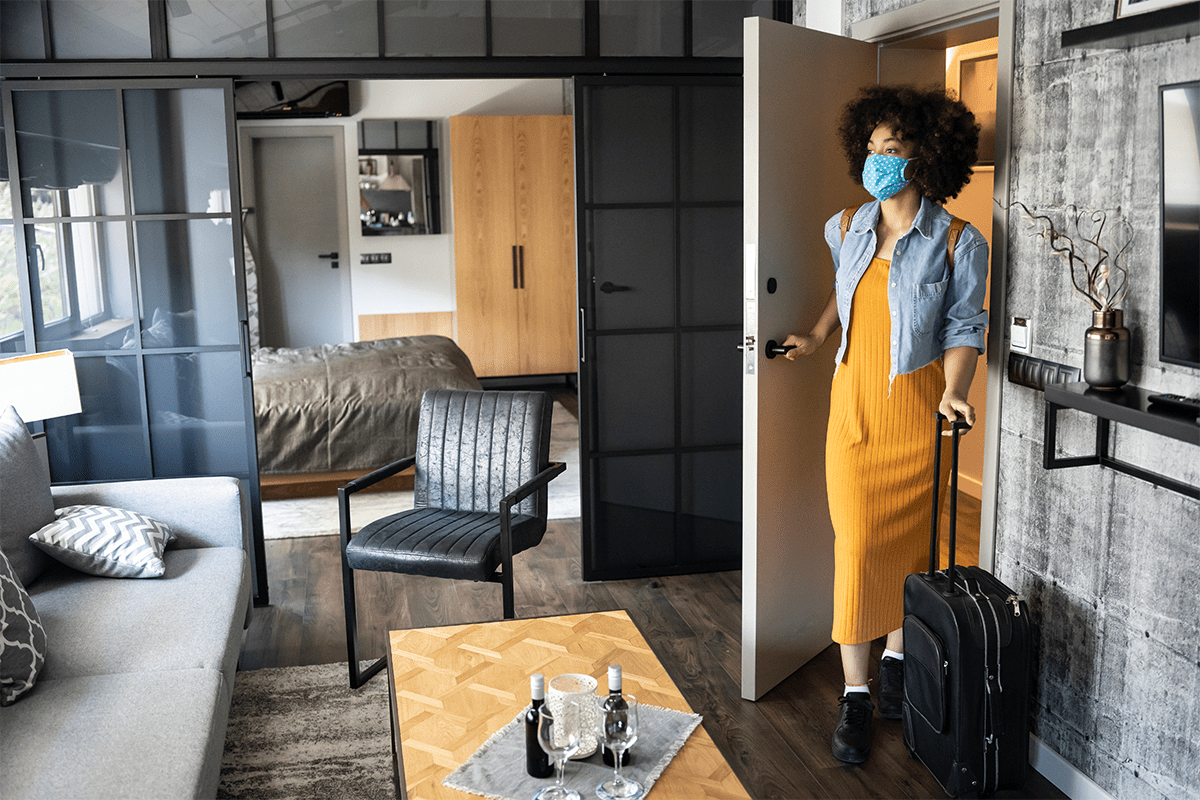Executive Q&A: How The Hospitality Customer Experience Will Evolve in 2021

Skift Take
After a year that challenged the hospitality industry like never before, it’s time to take stock. In this interview with Medallia’s Geoff Ryskamp, we explore what the sector can learn from 2020, and what the future might hold for guest experience.
Long after 2020 ends, it will be remembered as a time of transformative change in hospitality. Hotel owners and operators faced many business challenges, including dire economic conditions, changing traveler preferences, and a rapidly evolving guest experience.
But as the industry looks ahead to what comes next, there are plenty of questions to consider. Which recent changes in guest experience have staying power? What role will contactless technology play in addressing new guest expectations? And how can hotel executives best support their staff during this challenging moment?
In order to explore these themes further, Skift recently spoke with Geoff Ryskamp, global head of hospitality at Medallia, to get his predictions for how the hospitality customer experience might evolve in the near future.
SkiftX: What do you think is the biggest impact Covid-19 has had on the hospitality guest experience in 2020?
Geoff Ryskamp: The hospitality and travel industry had to completely reinvent how to to create an exceptional guest experience, all while customers were relearning how to travel. This has forced the acceleration and scale of transformation across customer touch points - whether companies were ready or not.
For a time you had little to no travel. Instead, customer interactions were directed to digital channels or call centers. Leading companies quickly adjusted their customer experience strategy to a
